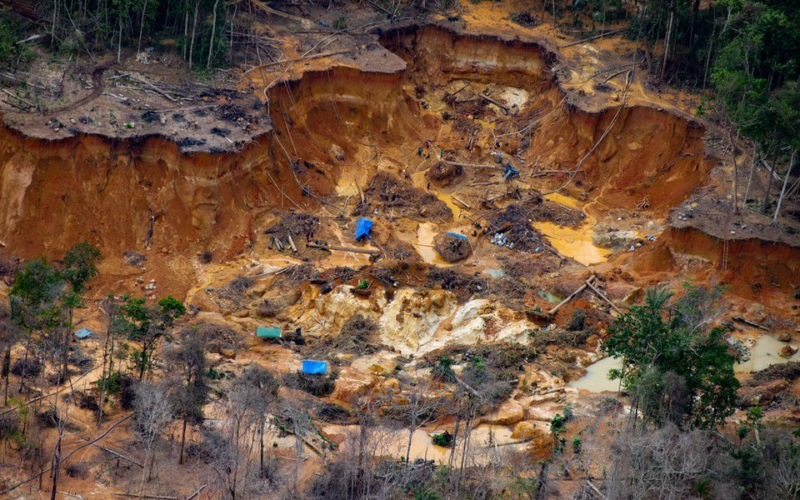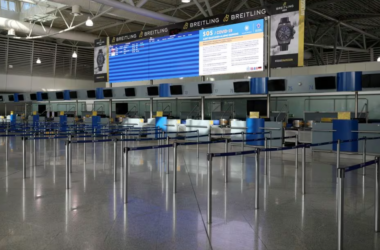In the remote reaches of Brazil’s Amazon rainforest, a new battlefront has emerged over the region’s rich mineral resources, particularly the highly sought-after tin ore, cassiterite. As global demand for critical minerals essential to green energy technologies soars, illegal mining gangs have flocked to the region, exploiting both the land and its Indigenous inhabitants.
The northern state of Roraima has become a hotspot for this illicit activity. At the federal police headquarters in Boa Vista, the state’s capital, piles of cassiterite—known locally as “black gold”—serve as stark evidence of the escalating crisis. The mineral, a key component in solar panels, batteries, and other green energy technologies, has seen its value skyrocket as the world races to meet its energy transition goals.
Brazil is now one of the world’s largest exporters of tin, with cassiterite playing a pivotal role. However, the rush to exploit this resource has led to significant environmental destruction and has brought illegal miners into direct conflict with the Yanomami people, whose lands are being ravaged for profit.
These illegal operations are well-organized and often violent, posing a serious threat to both the environment and the Indigenous communities. Federal agents and special forces units from Brazil’s environmental agency, Ibama, are engaged in a constant cat-and-mouse game with these miners, seizing and destroying tonnes of illegally extracted cassiterite.
The scale of the problem is immense. A single gold mining operation on Yanomami land can produce hundreds of kilograms of cassiterite per day, financing further illegal activities, including the extraction of gold. Despite efforts to crack down on these operations, the illegal mining of cassiterite, along with other minerals like manganese and copper, continues to flourish.
The international demand for these minerals, driven by multinational corporations and a booming market for green energy technologies, has only intensified the problem. While the Brazilian government has launched initiatives to encourage legal mining investments, these have done little to curb the illegal activities that are devastating the Amazon and its people.
The situation has been further complicated by corruption among public officials, making it difficult to enforce the law and protect Indigenous lands. Despite recent efforts by the Brazilian government under President Luiz Inácio Lula da Silva to end illegal mining on Indigenous lands, seizures of illegal minerals have decreased, highlighting the challenges in combating these powerful criminal networks.
The consequences of this unchecked exploitation are severe. Indigenous leaders like Davi Kopenawa, a Yanomami shaman and activist, have spoken out against the destruction of their lands, warning that the global demand for Brazil’s mineral wealth is driving an unprecedented assault on their way of life.
As the world continues its push towards a greener future, the dark side of this transition is becoming increasingly apparent. Without stronger laws and better enforcement, the Amazon and its people will continue to pay the price for the global demand for green energy minerals. The challenge now is to balance the urgent need for these resources with the equally urgent need to protect the environment and the rights of Indigenous communities.








